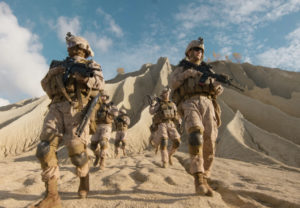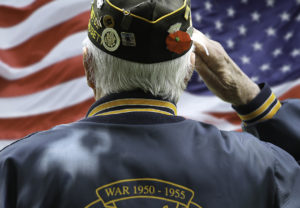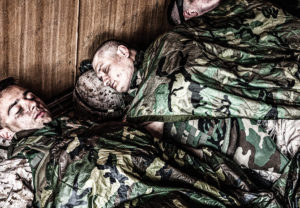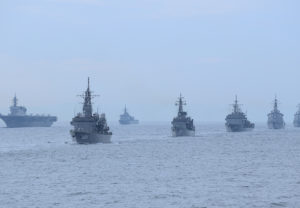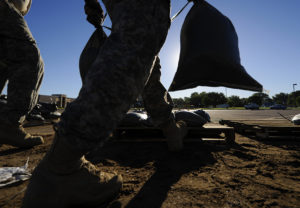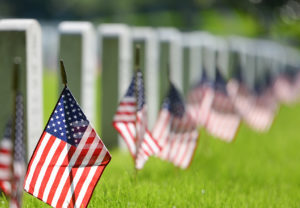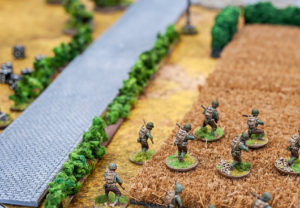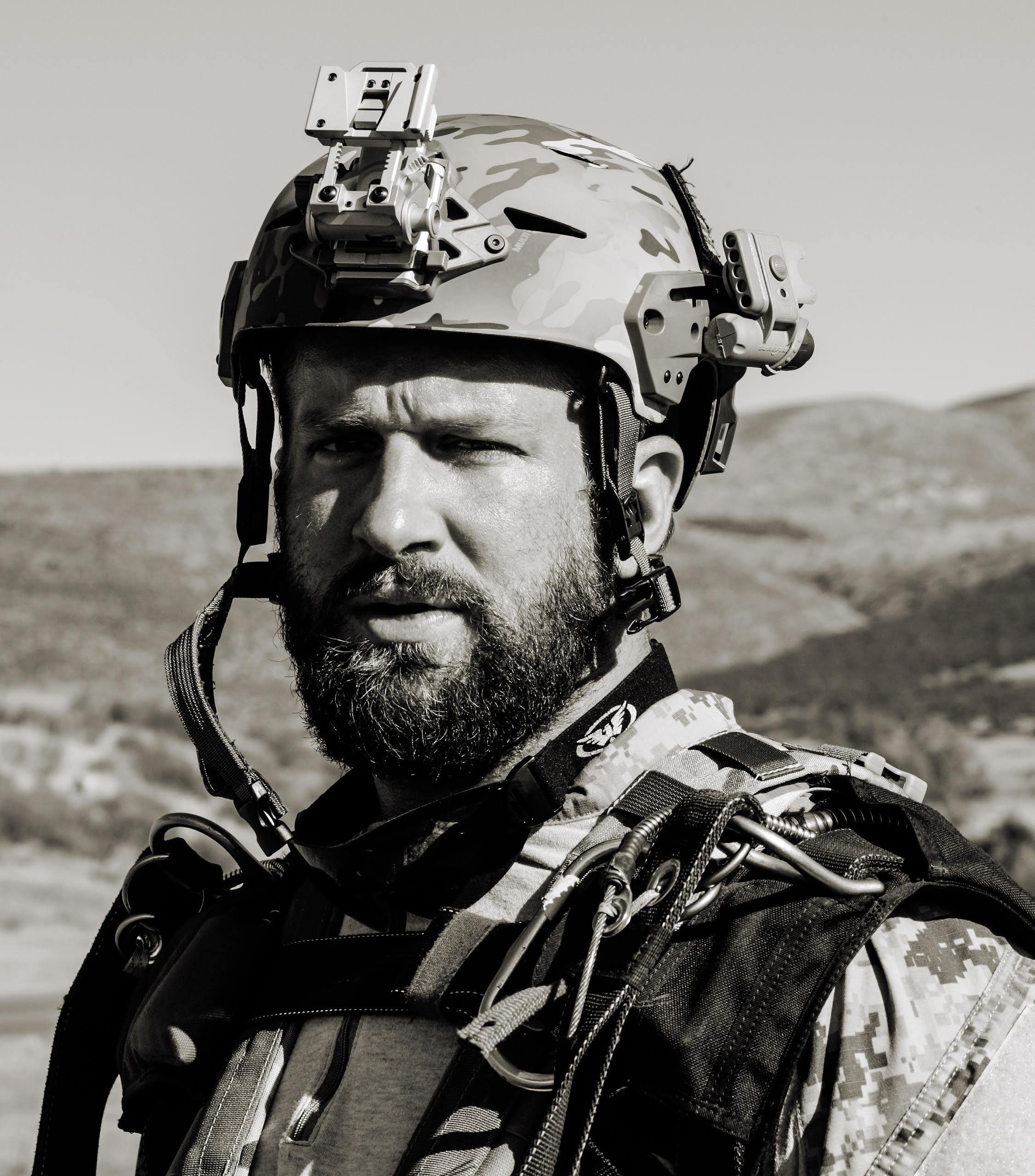By Jared Odgen, former Navy SEAL and cast member of the National Geographic Channel’s Ultimate Survival Alaska.
Last night, I received a text from a colleague saying, “Are you watching CNN? They are debating the character of Chris Kyle and all Navy SEALs. Turn it on.” I was at dinner, unable to withdraw, and I didn’t see the debate nor have I been able to find it online this morning. Apparently, Jeff Kyle, was on CNN’s “Blockbuster” and was defending his brother’s character and the actions taken by our military, when we are sent to battle.
This text message exchange took me back to an article I read last week filled with criticisms of Chris Kyle and American Sniper, by fellow veteran, Garett Reppenhagen to which I responded and Dana Loesch posted on her blog site, danaloeschradio.com.
The question remains, why does such criticism surround Chris Kyle’s book turned movie? Weeks after the movie debuted, why are people armchair quarterbacking actions taken by Chris Kyle who carried out his duties with honor and courage?
When it comes to the wars in Iraq and Afghanistan, its aftermath and our lessons learned, I’m not looking through my night vision goggles nor am I looking at any one terrain feature through my rifle optic. From those conflicts, I have my own personal experiences as a Navy SEAL veteran having been ‘down range’ in support of the Global War On Terrorism from which to draw, but additionally, a plethora of other references and data points from those who have also ‘been there and done that’ like Chris Kyle.
As it pertains to Mr Reppenhagen’s article, we have a difference of opinion surrounding the context of the movie American Sniper. I view this film as a story capturing the mental and emotional aspect felt by service members after years and years of deploying repeatedly. The movie showcases the toll it takes on the service member and the family; the acclimation process of injecting oneself into the family unit knowing that in a few months, war will be the waking reality and the family will be orphaned yet again. Mr. Reppenhagen states that “the movie depicts compounded action scenes with very little political and regional context. It was a conscious decision by Clint Eastwood, apparently, to leave out the cause of the U.S. invasion and subsequent occupation of Iraq.” Yes, you are correct, but I think you’ve missed the point. American Sniper isn’t about political and regional context. Two hours was not enough time for Eastwood to portray Chris Kyle’s experiences at home and in battle, let alone explain the geopolitics surrounding it. Furthermore and by definition, the conflict in Iraq COIN or Counter Insurgency if you’re unfamiliar with the term. Only those who subscribe to U.S. and Coalition presence in Iraq as an “occupation” are those who believe the insurgency’s propaganda machine. The war is over and the U.S. has transitioned custody to the Iraqi’s. What occupation are you referring to sir?
Let’s now take a look at the use of the word “savage.” Chris is not referring to peaceful Iraqis as being savage. Like the majority of Americans, the majority of Iraqis just want to live their lives in peace and provide for their families. But anyone who desires to intimidate the timid and meek, coerce them through threat, or otherwise project violence upon them as a means to influence thought or shift support from one alliance to another is a savage. I believe that Chris refers to savages not to the Iraqi people as a whole, but rather those evil people who were committing evil acts.
Mr. Reppenhagen stated that some moviegoers had bigoted responses due to the movie’s “nearsighted portrayal of Iraqis” causing “more people to fear Arabs and glorify violence against them.” However, the movie did not portray all Iraqis as savages. We were all deeply saddened at the fate of the poor child and his father who provided intelligence to the SEALs regarding the location of al-Zarqawi and his ilk. Should we pull the movie from theaters because some overlooked this and tweeted violent and aggressive responses to it? Certainly not.
I think Mr. Reppenhagen’s opinion of the movie is off-base and fails to grasp the true message in American Sniper. Regardless, Chris Kyle is a hero. He was murdered while providing service to those who served and is a role model. Clint Eastwood nailed this movie and if you think American Sniper is about war, you’re wrong. It’s about the toll war takes the operator and the stress combat deployments create on those we leave at home.
As it pertains to the other critics, particularly those who have never experienced combat, I encourage them to read and think about “The Man in the Arena” by Therodore Roosevelt. Ultimately, unless you saw what Chris did or fought alongside him in battle, you have no leg to stand on.
“It is not the critic who counts; not the man who points out how the strong man stumbles, or where the doer of deeds could have done them better. The credit belongs to the man who is actually in the arena, whose face is marred by dust and sweat and blood; who strives valiantly; who errs, who comes short again and again, because there is no effort without error and shortcoming; but who does actually strive to do the deeds; who knows great enthusiasms, the great devotions; who spends himself in a worthy cause; who at the best knows in the end the triumph of high achievement, and who at the worst, if he fails, at least fails while daring greatly, so that his place shall never be with those cold and timid souls who neither know victory nor defeat.”
For further discussion regarding this and more, please follow @JaredWOgden.









